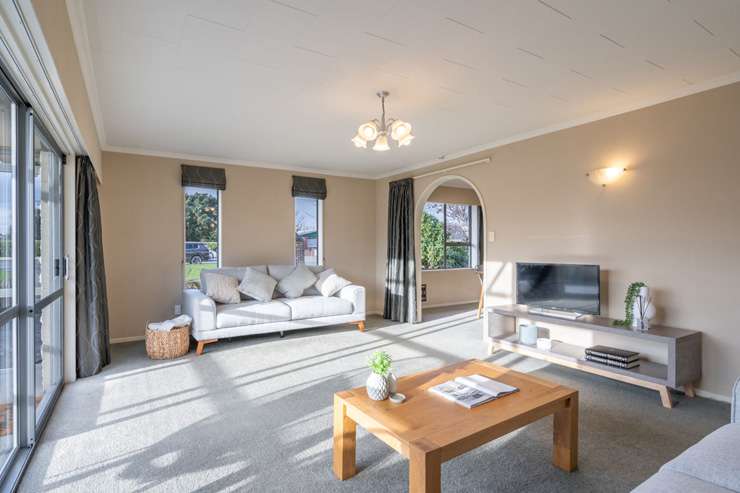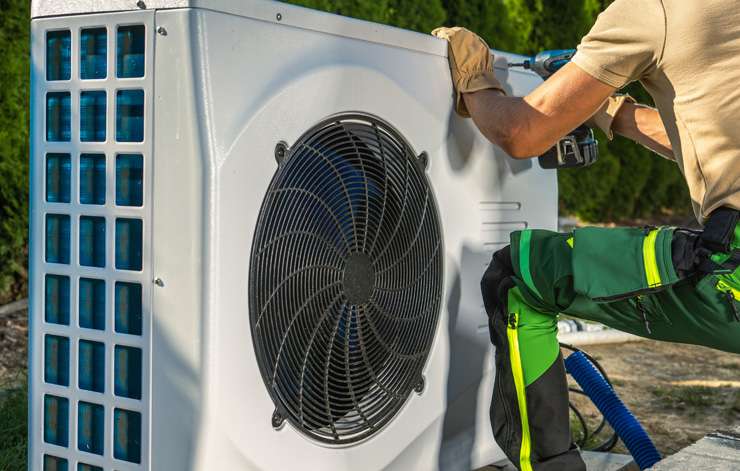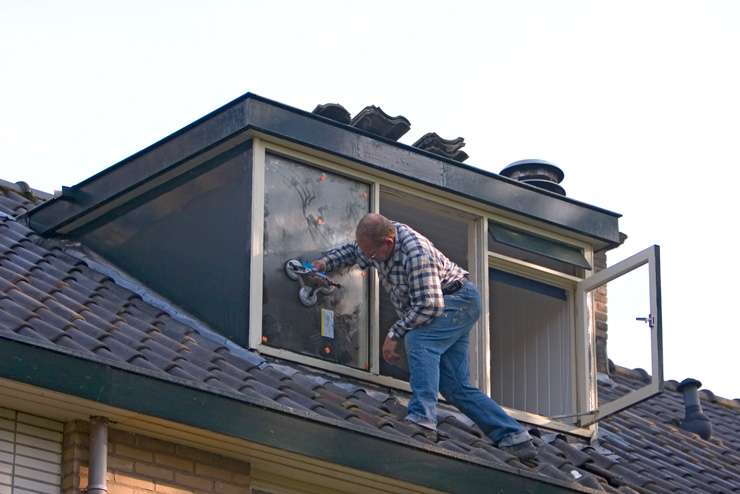There is plenty that can be done to a home to warm it up for winter. Someone who would know is Invercargill-based Inspire Real Estate national sales manager Adam Love. He comes from the coldest end of the country, and he has already held open homes on bone-chilling days this year.
When Southland was bathed in snow on the first weekend of this month , Love cranked up the heating at an open home at 120 Great North Road, in Winton. It made the home inviting against the cold outside.
Cosy dry homes are appealing to buyers. To achieve this, pay attention to insulation and heating and deal with draughts and leaks, says Love.
“If the home isn’t insulated, it’s worth insulating before selling if at all possible,” he says. “It might cost you $3,000, $4,000, or $5,000 to get it done, but that is instant value.” Love adds that sometimes it’s possible to get subsidies to add insulation and heating, which could help.
Start your property search
On the heating front, the most common solution is to install heat pumps, he says. Typically they push out three or four kilowatts of heating for each kilowatt of electricity used. They can save money, but Consumer warns that size matters: a 2kW heat pump uses less than a quarter of the electricity of a 10kW one.
In colder climates buyers always ask about heating, Love says. “If you are in a colder climate, buyers want to know how the house will be heated and how they will get heat to the bedrooms.”
Read more:
- Waterfront mansion on the street that wowed actor Jason Statham sells for around $10m
- 'You're all quiet in here': Grand Designs castle flops at auction
- Demand finally outstripping supply: Should homeowners sell now?
Weather tightness issues that cause dampness should also be addressed, Love says. Taking these steps removes impediments for buyers - especially first home buyers who are maxing themselves out. “It’s something the new owner doesn’t have to do.”
Mark Trafford, who owns Maintain to Profit Renovations says the standard when upgrading an older home is modern heating, insulation, and double-glazed windows.
When the renovation requires building consent, most likely these will need to be brought up to Building Code standard anyway, says Trafford.
“If you’re taking Gib off walls or lifting up floors, then you have to meet the Building Code. And if you’re using a LBP [Licensed Building Practitioner) builder, then they have to do that as part of their requirement, whether the project is consented or not.”
It’s the same with window joinery, which is often upgraded for double glazing in a major renovation. “If you're spending the money on a decent renovation, then you should be replacing [windows],” Trafford says. “If you are working in a specific area of the house and you want to take all the linings off, often it's very difficult to have to not upgrade the joinery at that stage.”

Warmth in winter: This three-bedroom home for sale at 120 Great North Road, in Winton, Southland, is looking for offers $520,000. Photo / Supplied

Adding a heat pump can help keep your home warm and dry, during cold wet months. Photo / Getty Images
Most major renovations involving modernisation involve adding heat pumps or ducted heating. Trafford has been refurbishing a flood damaged home in Epsom. Adding heat pumps to the lounge and three bedrooms cost just under $7000.
Another way to heat the home for less is to install solar power panels on the roof, although they tend to be better at generating electricity in the sunnier summer months. Solar panels don’t necessarily pay for themselves, but they can lessen anxiety about using heating and cooling during the day, and can be appealing to buyers. The government’s Gen Less website has a solar power calculator tool.
Curtains can also add an extra layer of insulation, says Kate van Praagh, Genesis Energy’s general manager sustainability. Without effective window coverings even an insulated home can see 45% of heat escaping through the glass. “Installing double-lined, full-length curtains in a home has significant benefits for warmth, health and energy-efficiency,” she says.
“Genesis appreciates many families, particularly those living in rental properties, are struggling with cost-of-living challenges that impact their ability to keep their homes warm and healthy, and cannot afford to buy good quality curtains.”
For this reason Genesis supports curtain banks, including Habitat for Humanity’s Healthy Homes programme in Auckland and Northland, the Sustainability Trust in Wellington, and Community Energy Action in Christchurch. “Each organisation provides curtains to households in need, as well as advice and other products to aid heating and energy efficiency.”
Even relatively new homes can have their thermal properties improved. New Zealand Green Building Council chief executive Andrew Eagles says: “While newer homes do tend to have better insulation than old homes, and fewer gaps for cold air to come in and warm air to escape, the minimum requirements set out by the Building Code mean there’s still a lot new homes are missing out on.”
Homestar certified homes come with a framework that ensures better position and design to maximise heat from the sun. “[This ensures] better levels of comfort, better air quality, lower running costs, reduced likelihood of overheating and less moisture issues meaning reduced maintenance. These all help ensure a comfortable home and a better quality of life all year round.”

Double glazing should be part of any renovation budget. Photo / Getty Images
There are other steps homeowners can take to tame their heating bills. That can include behavioural changes, such as taking shorter showers, or putting a second layer of clothing on before turning the heating on.
Switching power providers can help save money. But be aware that they make their charges as clear as mud. Deliberately. Take the sign-up bonuses, but make a diary note to shop around again as soon as the fixed-term period ends. Beware of fancy freebies such as a ‘free’ washing machine or TV. They’re not free. Someone’s paying for that. And it’s most likely the customer through higher charges.
To find a new power company, compare options on websites such as Powerswitch, Switchme or Glimp. Be aware that these sites don’t always compare all providers.
- Click here to find properties for sale













































































